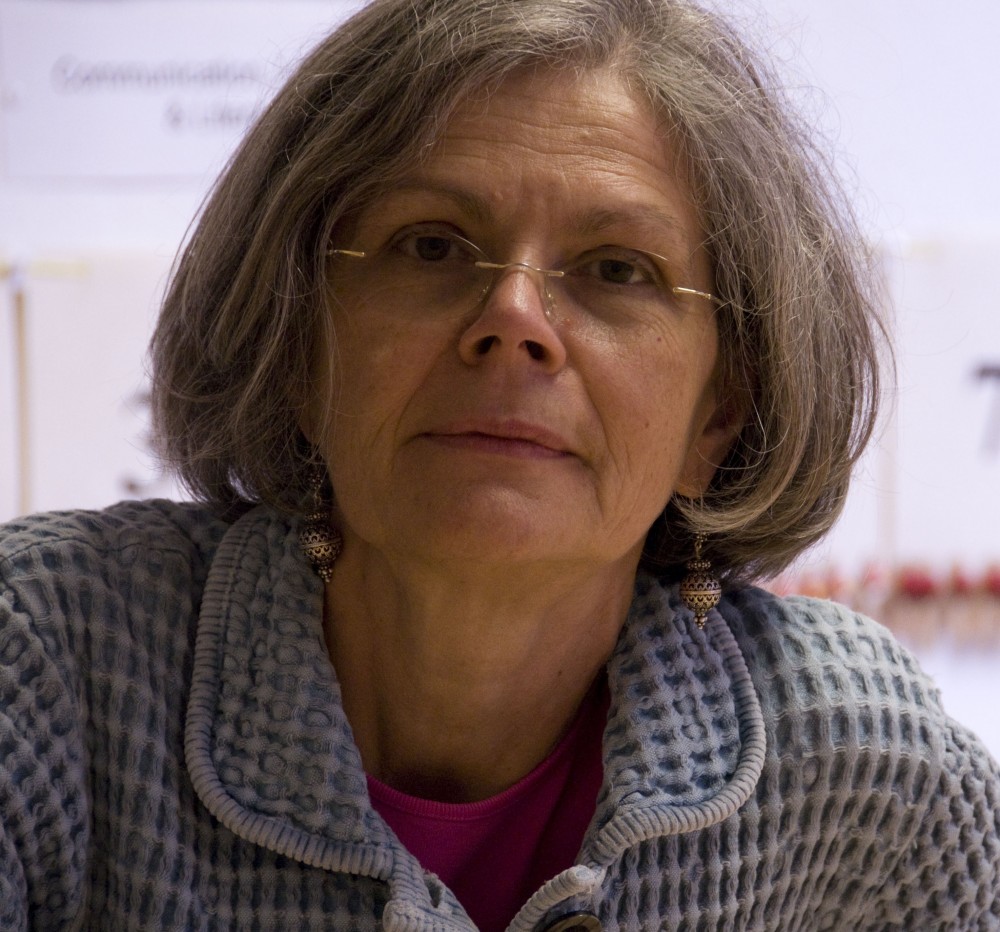Introducing Montessori Pedagogy In The Early Years Has The Capacity To Benefit Children Throughout Your School

The emphasis on a systematic approach to learning enhances children’s concentration and critical thinking

Over the last decade the Montessori St Nicholas charity has helped several primary schools to introduce the Montessori pedagogy into their nursery and Reception classes. The first to take the plunge was Gorton Mount Primary School (now Rushbrook Primary School) in Manchester.
The project was the brainchild of then-head Carol Powel and her idea inspired others such as Stebbing Primary School in Essex and Aldersbrook Primary school in East London, as well as The Fawbert and Barnard Infants’ School in Hertfordshire.
Is it something your school could make a success of? Such a project relies on the vision and commitment of the headteacher and her or his early years staff. You must understand the EYFS principles relating to the unique child, enabling environment and positive relationships, and how they underpin children’s learning and development.
You must, of course, also have a knowledge of, and a belief in, the Montessori approach, and its benefits. Montessori St Nicholas can offer training for teachers, but your school must take the lead in ensuring that the learning environment is properly prepared.
Independent learners
In all the schools using the Montessori pedagogy to deliver the EYFS, we witness children’s growing capacity to independently meet their personal needs and develop the fine motor skills essential for every task they undertake in class (especially writing). We see independence of thinking when selecting activities, engaging with them and problem-solving.
The emphasis on a systematic approach to learning enhances children’s concentration and critical thinking. Short, dynamic group lessons in phonics and math concepts are supported by opportunities to engage with activities that support what was introduced in the group lesson. The activities are differentiated to meet the individual needs of the children, who continue to work with the teacher, on their own or in small friendship or ability groups.
The resources supporting the ‘understanding the world’ area of learning are of particular interest to the children and provide many opportunities to learn about the Earth and the unique physical and cultural qualities of the seven continents. Study of nature is enhanced by the children’s sensory experiences on outings and in the school garden and activities available on interest tables.
Learning materials
The teachers (and teaching assistants) who attend the training find strong connections between the EYFS and Montessori principles, and see the potential of the Montessori learning materials very quickly.
They appreciate the systematic, well-structured approach to helping children learn to count and use addition and subtraction activities, while the scaffolded Montessori phonics activities underpin the Letters and Sounds approach effectively. All these tasks offer children opportunities to revisit, practise and gain a deeper understanding of the daily group lessons.
The calm and purposeful atmosphere created in Montessori-focused nursery and Reception classes has proved an inspiration to many visitors and teachers from Year 1 and 2, and beyond.
Montessori numeracy materials are particularly appreciated; their design scaffolds children’s understanding of the relationship between quantity and numeral in small manageable steps, and for this reason many schools have purchased an extra set to use with older children in need of extra support.
Beyond early years
As children who have experienced the Montessori approach in early years enter Year 1, they bring with them a joy of learning, a capacity to concentrate and a logical approach to negotiation of tasks, and a ‘can do’ attitude – qualities that help them engage fully with learning at a higher level.
The respect and trust with which they were nurtured when they first enter nursery and Reception is translated into polite respectful behaviour as they progress through the school.
The schools with whom Montessori St Nicholas has worked during the past 10 years have continued their Montessori practice in the early years, and have carried the basic principles of respect for every child’s unique learning journey across their complete education programme. In the majority of these schools, an element of free choice and extension to learning using Montessori-based activities continues in Year 1 and 2.
This approach makes the transition easier for the children and provides a gradual introduction of more structured learning. Junior-age children requiring more individualised support also benefit. The key element of the Montessori approach, which transcends all the age groups, is respect for the child and his/her efforts to learn and do their best at school, academically and socially.
Barbara Isaacs is the academic director of Montessori Centre International (@MontessoriUK).












